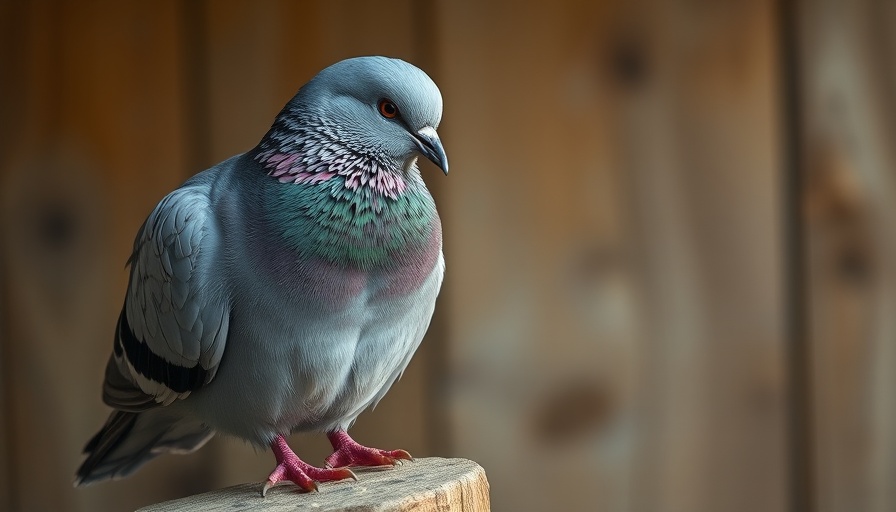
The Nutritious Benefits of Almonds for Birds
Have you ever wondered if your colorful avian companions can share in the delight of almonds? The good news is that many bird species can indeed enjoy this nutty snack in moderation. Almonds are packed with protein, healthy fats, vitamins, and minerals that are beneficial to birds, offering a nutritious addition to their diet.
However, conscious feeding practices are essential for our feathered friends. It's crucial to provide only raw, unsalted almonds devoid of any additives like sugar or preservatives. To minimize choking risks, always chop the almonds into small pieces before serving them. Additionally, the skins of almonds contain tannins that can cause gastrointestinal issues if consumed excessively. Soaking or boiling the almonds can help mitigate these risks, making them easier for birds to digest.
Are Almonds Safe for All Bird Species?
While almonds are generally safe, it's wise to tailor your feeding approach based on the bird species you're dealing with. For instance, parrots can safely consume almonds, but experts recommend keeping these treats in moderation due to their high-fat content. Just one or two unseasoned almonds per day can provide health benefits without overindulgence.
Conversely, some birds may have specific dietary restrictions or preferences. Always consider the unique needs of the bird species you’re feeding. Thoughtful moderation is key; too many nuts can lead to obesity and related health concerns, regardless of the type. Wild birds can also relish almonds, but keep an eye on their consumption to ensure their diets remain balanced.
Addressing the Common Myths About Feeding Birds Nuts
There are many misconceptions surrounding bird diets, especially regarding nuts. A frequent myth is that all nuts are unsafe for parrots or wild birds. Nuts can provide essential nutrients that may be lacking in typical seed-based diets, and many species thrive on a variety of nuts.
Another concern is the fear of toxicity. Fear not; commercially available almonds are safe for birds. It’s important to note that only sweet almonds should be offered, as bitter almonds pose significant health risks due to their higher levels of cyanide. Thus, always ensure your almond supply is from reputable sources.
Practical Tips for Incorporating Almonds into Bird Diets
If you decide to include almonds in your bird's diet, here are some practical tips: soak the almonds to remove tannins, ensure they are unsalted and plain, and introduce them slowly to see how your bird reacts. Start with small amounts to monitor for any changes in appetite or digestive health.
Moreover, it is prudent to consult with a veterinarian regarding incorporating almonds into your birds' diets, especially for pets that may have prior health conditions. Finding the right balance will ensure that your avian friends enjoy the nutritional benefits of almonds without any adverse effects.
 Add Row
Add Row  Add
Add 




 Add Row
Add Row  Add
Add 

Write A Comment